Refractive Vision and Dry Eye Specialist
Mark Bryant, O.D., a native of Syracuse, NY, graduated from the Indiana University School of Optometry in 1993. After completing his doctorate, he remained at IU to complete a residency in ocular disease and advanced contact lens fitting. He then moved back to the northeast to open a two-location full scope Optometry practice with offices in Hoboken, NJ and Manhattan, NY. For nearly 28 years, his practice offered a broad array of services, including the management of dry eye disease, allergic disease, and co-management of LASIK and cataract surgeries. He developed a special interest in managing more severe ocular surface conditions related to diabetes, thyroid disease, and other inflammatory and autoimmune conditions. He consistently added new diagnostic and treatment technologies such as retinal imaging and intense pulse light therapy to better serve his patients. He sold his practice in 2023 in preparation for a move to Hawaii. In addition to being closer to his extended family here, he is hopeful that escaping the long, cold, northeastern winters will allow him to play more golf and get out on his paddle board. He also wants to help support the healthcare community and improve the lives of Hawaii residents in any way he can.



Whether it's macular degeneration or cataracts or a simple eye exam, you can find the most advanced care at our offices across the islands. Mahalo, David, for taking the time to tell about your experience with Dr. Miller and our Kona team while they took care of your macular degeneration. We take care of our patients like they are 'ohana.
🌺#ohana #MacularDegeneration #hawaii #bigisland #Eyecare ... See MoreSee Less
0 CommentsComment on Facebook
Each year, approximately 100,000 people suffer sports-related eye injuries, with around 13,500 leading to permanent vision loss. Most sports-related eye injuries can be prevented by wearing the right protective gear. Visit our optical in Kona and Lihue to get outfitted with the right eyewear for your active lifestyle.
#SportsEyeSafety #ProtectiveEyewear #sportsprotection ... See MoreSee Less
0 CommentsComment on Facebook
Your vision plays a vital role in your quality of life, and routine eye exams can help detect early signs of systemic conditions like diabetes, hypertension, and more.
✅ Schedule your annual eye exam
✅ Protect your eyes from UV rays
✅ Eat a nutrient-rich diet for healthy vision
Let’s keep our eyes—and our bodies—healthy together. 💙
#WorldHealthDay #EyeHealthMatters #VisionCare #Ophthalmology #HealthyEyesHealthyYou ... See MoreSee Less
0 CommentsComment on Facebook
Don't live with cloudy vision due to cataracts. We offer advanced Laser Cataract Surgery at the Ali’i Surgery Center on Oahu. Call us today to schedule your cataract exam and discover if now is the time for your cataract surgery. ... See MoreSee Less
0 CommentsComment on Facebook
We are so blessed with amazing optometrists who care deeply for our 'ohana. Mahalo Dr. Kashiwa, Dr. Ho and Dr. Bryant for taking such great care of our community. Happy World Optometry Day. ... See MoreSee Less
0 CommentsComment on Facebook
"Cez” has been working in the field of ophthalmology for over 18 years and has been with us for 12. She even volunteers her services to provide free eye care in the Philippines as part of the Bayanihan Without Walls Program. She serves multi-functionally as the clinic manager for all BEI locations and as a lead surgery coordinator/technician. A fluent native speaker of Ilocano and Tagalog, Cez is very passionate and tremendously happy and dedicated to providing quality eye care to every patient who comes her way. Drop a ❤️ or a comment below to thank her for all her hard work! ... See MoreSee Less
0 CommentsComment on Facebook